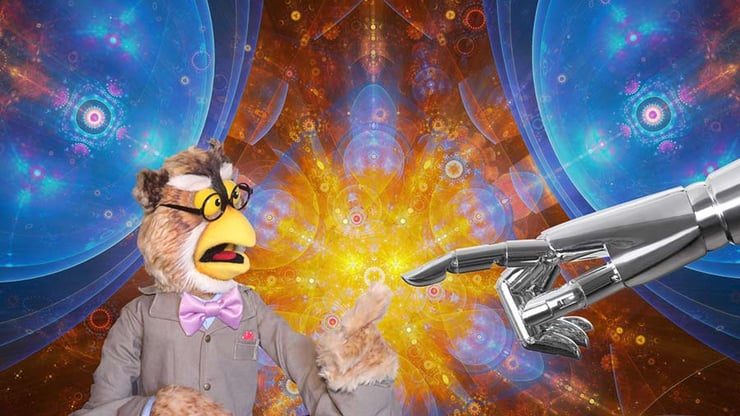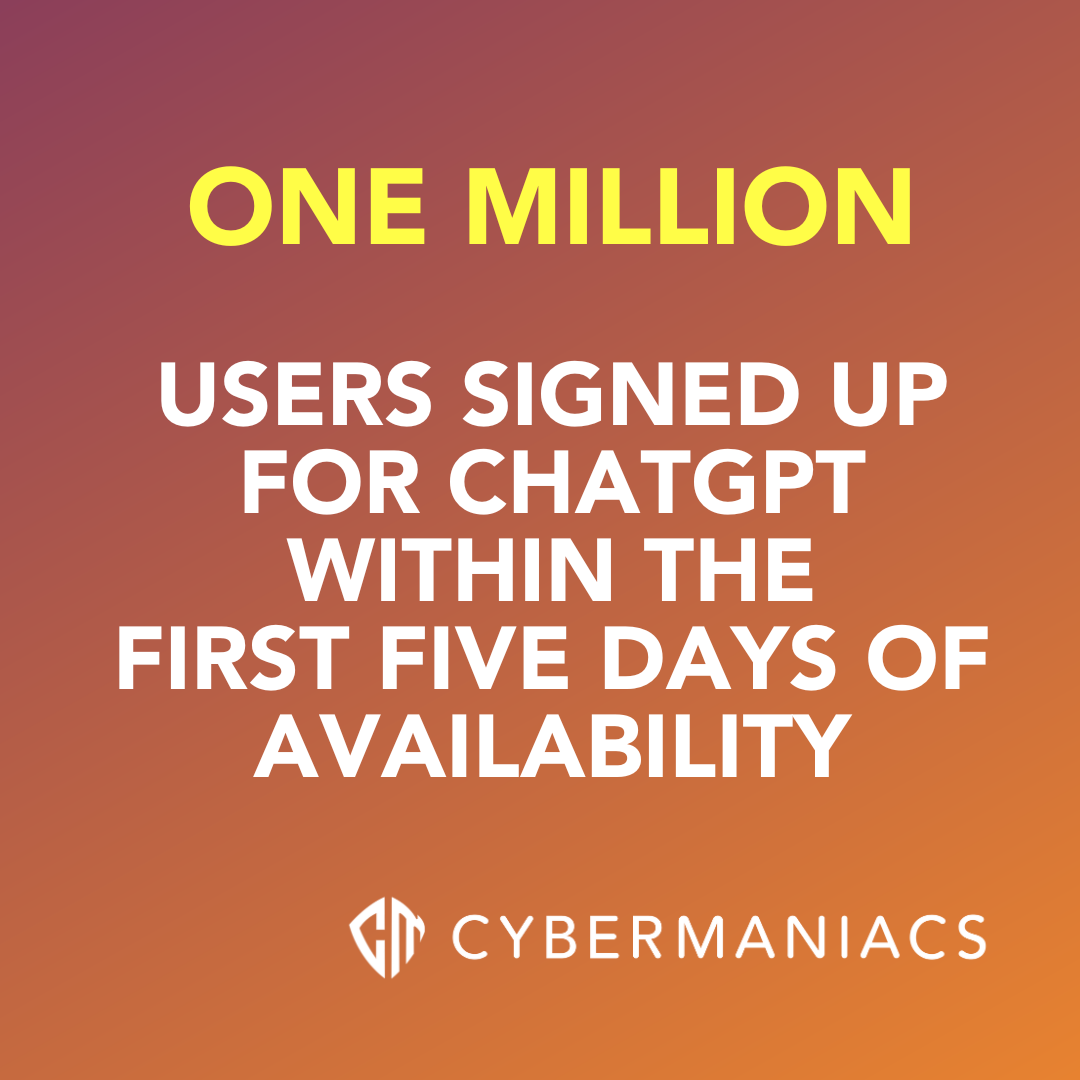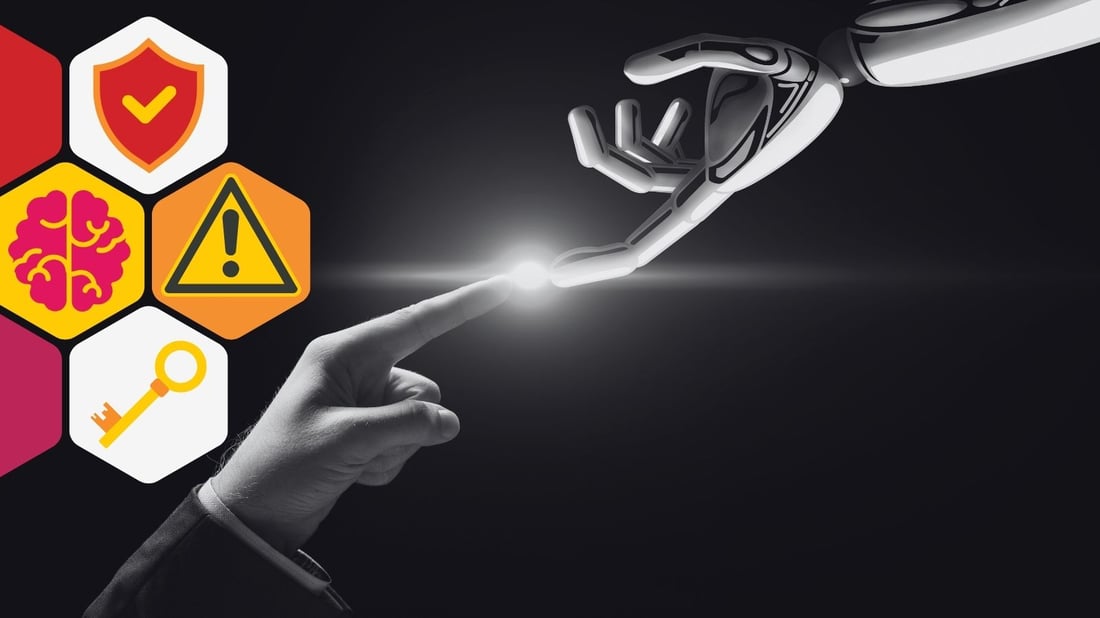The Old Security Playbook Is Dead. Here’s What AI Broke
For decades, cybersecurity was built on predictable patterns: define the rules, teach the rules, enforce the rules. Firewalls blocked known threats,...
It has the capabilities to flawlessly manage your schedule, provide a stronger search engine, order your favorite pizza, and suggest the perfect movie for the evening. That's the magic of Artificial Intelligence (AI)—making our lives smoother, more efficient, and more enjoyable. But it's not all happy robot handholding, as AI can also be used for the forces of evil. In one instance for example, cybercriminals used AI software to impersonate a CEO's voice convincingly enough to trick a subordinate into transferring a hefty sum of money. AI, it seems, is a companion and a potential security headache rolled into one. It's time to sort through the many examples of false positives and the perils of AI, and you'll see why this technological marvel has us both excited and concerned.
And don't worry, we'll limit our HAL 9000 references.

From healthcare to education, customer service to content creation, AI has quietly infiltrated virtually every corner of our lives. ChatGPT, powered by its deep learning capabilities and natural language processing, is emblematic of this technological revolution. It's not just about answering questions; it's about personalizing user experiences, offering recommendations, and even helping draft written content. This versatile AI system has proven its worth across domains and different languages, making complex tasks of training data seem like a walk in the park. But as with any powerful tool, there's a bright side and a shadowy side to AI, and it's essential to navigate both. So, let's dive into the world of AI and explore why it's generating both excitement and apprehension.
This was more than a simple server malfunction; on March 20th, the systems at ChatGPT inadvertently revealed the vulnerabilities that can emerge when we rely so heavily on artificial intelligence and these digital companions. During the outage, many users were left high and dry, unable to access their AI assistant or the program itself. In today's world, that could mean anything from missing important deadlines to feeling stranded without instant access to information at your fingertips. It wasn't just a technical hiccup; it was a system that underscored the risk aversion and our deep dependence on AI systems, such as ChatGPT.
However, the issue didn't end with a temporary outage. As users and developers scrambled to understand what went wrong, another realization struck—the data entrusted to AI systems is not as secure as we'd like to think. The outage brought to light concerns over data security and privacy. While OpenAI, the organization behind ChatGPT, assured users that no sensitive data was compromised, it was a wake-up call to the fact that more data breaches, even in the realm of AI, are possible. It highlighted the essential need for robust data protection measures existing data everywhere, even training data used in the AI systems we've come to trust.
One of the most significant aftershocks of the ChatGPT outage was felt in Italy, where the country's privacy watchdog, the Garante per la Protezione dei dati personali, took a bold stance against AI progression. They banned the use of ChatGPT entirely, citing data protection concerns in the aftermath of the breach. It was a stern reminder to developers that the integration of AI into our daily lives is not without its challenges, especially when it comes to protecting personal data.
The decision was not merely an isolated case of concern; it echoed the growing apprehension globally regarding AI and data privacy. As we continue to invite AI solutions into our homes, businesses, and lives, this story serves as a reminder that we must find a balance between the immense potential benefits of these systems and the necessity to safeguard our digital privacy. Italy's move represents a proactive stance on regulating AI and protecting the privacy of its citizens, setting an example that other nations are likely to follow in the quest for AI solutions that we can trust, for better or for worse.
AI can be a powerful tool for good, but it's up to us, the humans behind the screens, to use and control it wisely. We need to ensure that our AI systems, training processes, and research tools are developed and utilized ethically, with a focus on benefiting society. After all, it's in our hands to guide AI where it's a trusted companion rather than a security nightmare. So, let's embrace AI with open arms, but also with a watchful eye, and steer it in the right direction.
Efficiency Beyond Compare: Its algorithms can process vast amounts of input data in seconds, a task that by definition would take a team of humans ages and resources to complete. They're excellent at handling routine tasks, freeing the team up for more creative ideas and strategic work.
Personalized User Experience: AI's magic lies in its capabilities to know you better than you know yourself. From the songs you like to the temperature you prefer, AI software tailors your experiences to your liking, ensuring every moment is just the way you want it.
Round-the-Clock Assistance: No sleep or coffee breaks are required. It's available 24/7 to answer your questions, solve your problems, create, or offer support in a friendly chat, no matter the time or day.
Data Security and Fraud Detection: AI is a powerful ally in cybersecurity. It has machine learning algorithms that can detect unusual patterns in your network and alert you to potential dangers, protecting your valuable business information. Its machine learning and ability to learn and adapt is a key advantage in your business staying one step ahead of cybercriminals.

Sophisticated Cyber Threats: Cybercriminals can create and plan more sophisticated, automated attacks using tools from the same AI system that protects against attacks. For instance, AI-driven deepfake technology can create convincing fake videos or audio, a potent tool for disinformation and scams.
Privacy Concerns: AI's personalized user experience comes at a cost—your information. Sharing raw data about your preferences, knowledge, history and habits with AI systems can raise significant privacy concerns. This same data collection process, if not properly protected, could be vulnerable to breaches, potentially exposing your intimate details.
Unemployment Fears: As AI takes on more tasks, concerns about unintended consequences of job displacement and unemployment have increased. While AI creates jobs too, there are potential disruptions. The challenge is to adapt our whole system and workforce to support and work alongside AI and harness its capabilities for economic growth.
Reliance on AI: We're at risk of becoming overly dependent on AI, potentially stifling creativity and personal decision-making. Relying on more AI models or human experts for decision-making in critical areas like healthcare data science, research or finance can have dire consequences if errors occur. Striking a balance between AI and human input is essential.
We hate to be buzzkills... It's both. Our journey with AI is like a winding road that unveils new surprises at every turn. We're gliding into the territory of AI, and while it is ai technology that holds tremendous promise, it also introduces new complexities. We must navigate this landscape wisely, using AI as a valuable companion while staying vigilant about potential security pitfalls. The road ahead for machine learning models is exciting and, at times, challenging. AI's journey has just begun, and with the right balance of caution, knowledge, and excitement, we can ensure it remains our trusted companion and stay ahead in the ever-evolving world of technology.

The future of AI security is a bit like predicting the weather. You can make educated guesses, but you're never entirely sure. With AI evolving rapidly, there's hope that security measures will advance as well. AI can become a valuable ally in the fight against cyber takeovers, helping us detect and defend against increasingly sophisticated attacks. For instance, did you know that AI can process large datasets much faster than any human? In fact, it can analyze up to 350 million security events, including AI data breaches, in a single day! However, it's a double-edged sword. As AI grows more powerful, it could potentially be used for more advanced cybercrimes. Consider this one example: the number of AI-related cybersecurity attacks more than doubled from 2019 to 2020 (and it's now more than tripled this year!). It may bring both more secure systems with human intelligence and more sophisticated malware. It's system like an ongoing chess game where each side develops new strategies and tactics. But with the right moves and a keen eye on security, we're hopeful that the future of AI will be more companion than rival.


For decades, cybersecurity was built on predictable patterns: define the rules, teach the rules, enforce the rules. Firewalls blocked known threats,...
4 min read

Your firewall is updated. Your devices are patched. Your tech stack is monitored. But what about your people? In every modern enterprise, humans are...
4 min read

Cybersecurity Laws These are the rules and regulations governing digital space. They determine what is considered lawful or unlawful in cyberspace....
4 min read
Subscribe to our newsletters for the latest news and insights.
Stay updated with best practices to enhance your workforce.
Get the latest on strategic risk for Executives and Managers.
